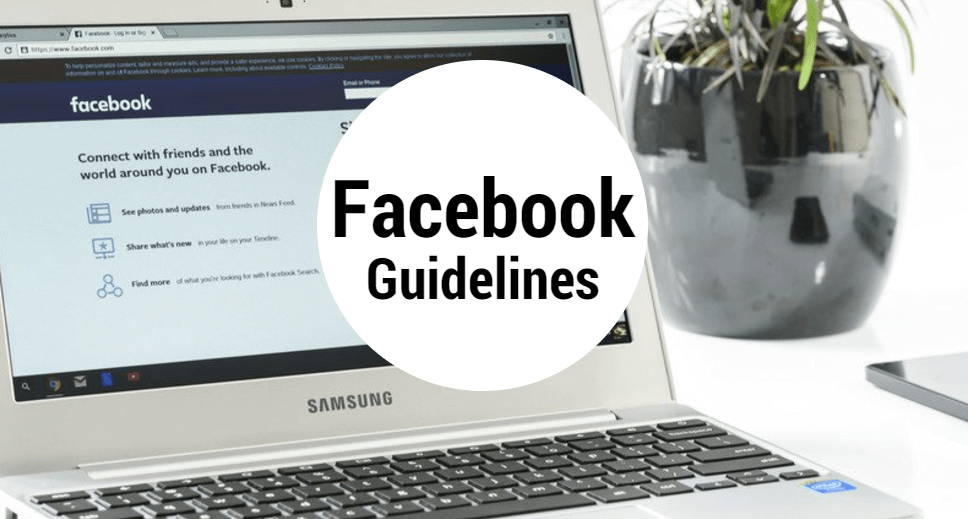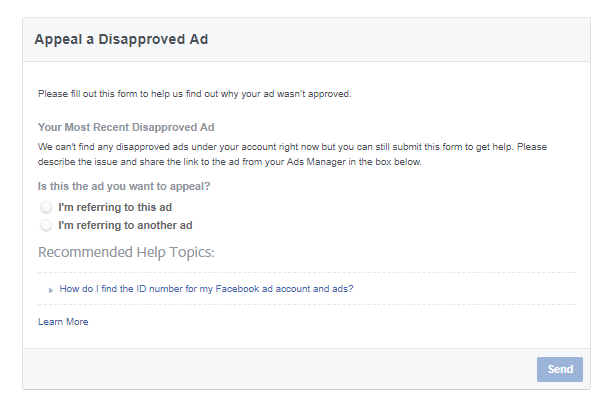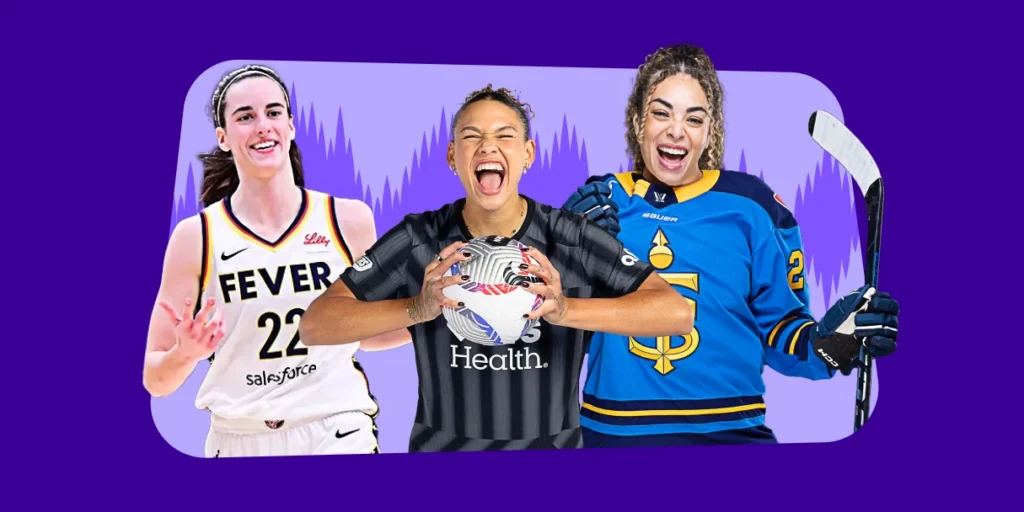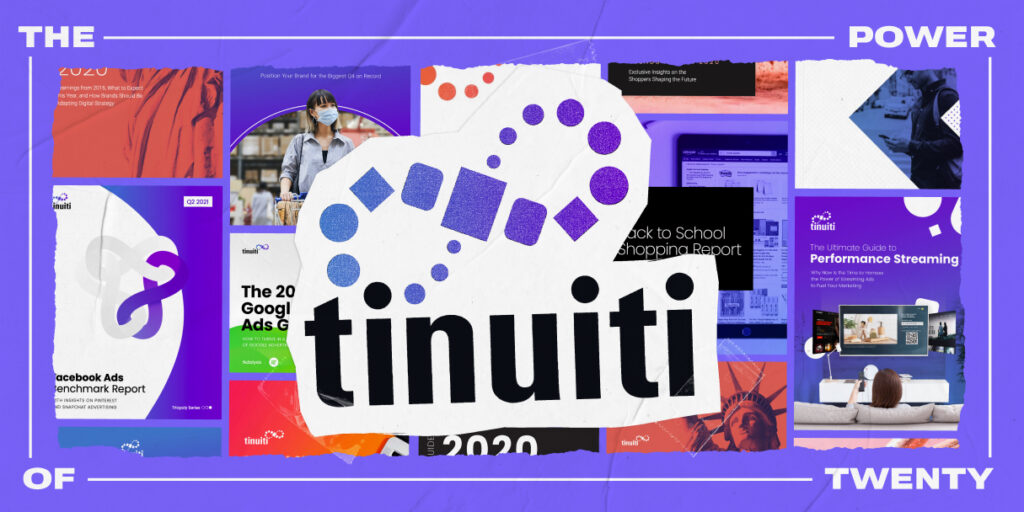As an advertiser, it’s important you’re familiar with Facebook advertising guidelines—not only to ensure your ads are approved but also to prevent wasting valuable time, energy and resources on promotions that just won’t cut it.
While it’s easy to think “as long as I don’t post NSFW content, I’m all-clear,” the truth is, Facebook advertising policies reach much further than that.
Sure, they cover clearly inappropriate content and imagery, but they also stipulate how certain brand assets can be used, how you can target users with your ads, and what you can do with the information you gather from ads.

Want to make sure you’re not wasting resources on policy-violating ads? Here’s a quick primer to fill you in.
How Ads Are Reviewed
Before any ad is showed to Facebook users, it gets reviewed in light of Facebook advertising guidelines.
The Facebook review team looks at everything from the ad’s graphics, text, overall content, targeting, positioning and more, and if everything’s up to snuff, you’ll get a notification telling you your ad’s been approved.
The process usually takes no more than 24 hours.
Prohibited & Restricted Content
There are several types of content that are either prohibited or restricted in Facebook advertising.
According to Facebook content guidelines, these include anything that:
- Violates the site’s Community Standards (read them here)
- Promotes illegal products or services
- Discriminates based on race, ethnicity, color, origin, religion, age, sex, sexual orientation, gender identity, family status, disability, medical or genetic condition
- Promotes the sale or use of tobacco, drugs, unsafe supplements, weapons, ammo, explosives, spyware/malware, surveillance equipment, payday loans, counterfeit documents or adult products/services
- Includes nudity, depictions of explicit behavior or suggestive activities
- Infringes on third-party rights
- Could be considered shocking, sensational, disrespectful, controversial or excessively violent
- Asserts or implies personal attributes
- Contains false, deceptive or misleading claims
- Directs users to a non-functional landing page
- Includes profanity, bad grammar or poor punctuation
- Promotes multilevel marketing schemes, counterfeit documents, unlikely before-and-after images or penny auctions
There are also specific Facebook content guidelines restricting how content related to alcohol, dating, gambling, online pharmacies, supplements, subscription services, financial services, branded content and student loans can be promoted. See the full outline of restrictions here.
Ad-specific Restrictions
In addition to the content that’s outright restricted or prohibited, there are also Facebook creative guidelines for specific types of ads and how those ads are positioned and targeted.
- Video Ads – Video ads can’t be overly disruptive, and if they contain mature content, must be targeted at only users 18 and older. Excessive drug/alcohol use, adult content, profanity and violence is not allowed.
- Targeting in ads – Facebook targeting guidelines say the site’s drilled-down audience options can’t be used to discriminate against users, harass them, provoke them or disparage them. Custom audience targeting must adhere to Facebook’s terms of use.
- Ad positioning – Ad content (including text, graphics, images, etc.) must be relevant to the product or service being offered. It also must clearly and accurately represent the company or product being advertised, and it should match the ad’s corresponding landing page—which must be functional while the ad is live.
- Text on ad images – Facebook recommends that text take up no more than 20 percent of an ad’s image. If it takes up more, Facebook reserves the right to limit how many users (if any) see the ad in their feeds.
- Lead ads – Lead generation forms can’t ask users for account numbers, their criminal history, financial details, government issued ID numbers, health or insurance information, political affiliation, race, ethnicity, religion, sexual orientation, union membership or usernames/passwords.
Finally, there are restrictions on how you can use the data collected from Facebook ads. It can’t be used for outside advertising efforts like retargeting, uploaded to any ad network, ad exchange or data broker, or given to someone not acting on your behalf.
You also can’t state or even imply that Facebook in any way endorsed your service, product or advertisement.
What to Do if Your Content is Disapproved
The easiest thing to do if your ad doesn’t get approved? Edit it.
You should receive an email (to the address associated with your advertising account) that explains why your ad was disapproved—or how it violated Facebook advertising policies. Use this information to edit your ad and then resubmit it for review.

If you’re confident your ad is compliant with Facebook’s guidelines, you can appeal the decision by filling out the site’s “Appeal a Disapproved Ad” form.
Want to know more about Facebook advertising policies? Email [email protected].
You Might Be Interested In













